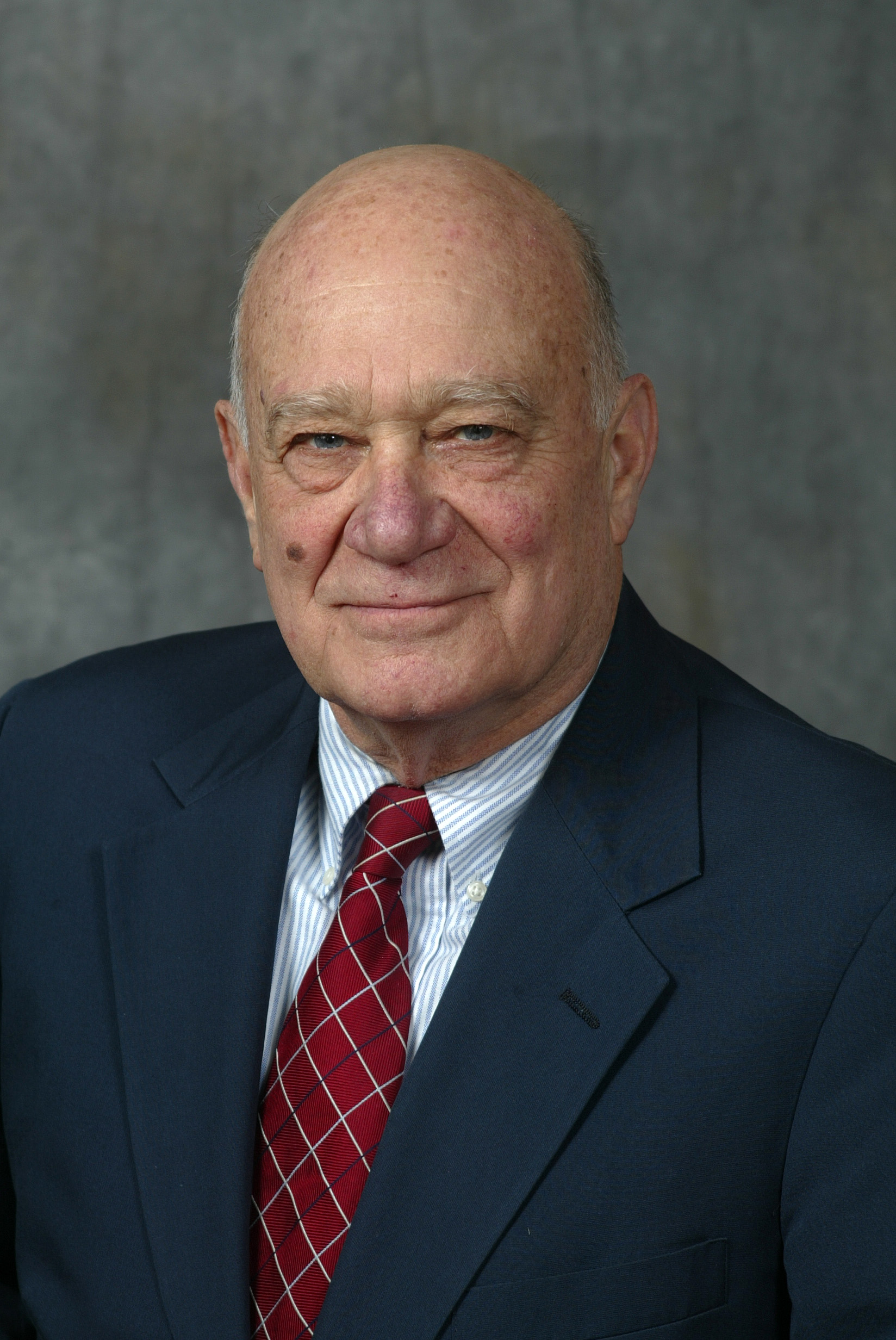Imagine that you are taking a seat on the first day of classes at Hofstra. For the past 50 years, I have begun each first class with a warm-up exercise.
Before I distribute a syllabus or talk about the course, I tell students we are going to have an anonymous brainstorming activity. Not requiring a name is intended to eliminate potential first-day jitters.
Each student is given a blank sheet of paper. I indicate that this may be the only time during the term when I will not take questions because the instructions are brief and students can make any interpretations that they wish.
The five-minute exercise proceeds from my words: “Please make a list of up to 10 people whom you consider to be the greatest Americans who have ever lived.”
On occasions when I have team-teaching professors, some have said: “Aren’t you going to tell them not to include family members on the list?” and “Will you indicate that the greatest can be selected from any field of endeavor?”
To those queries, my responses have been “No,” and “No.”
My intent over these past five decades has been to keep the first exercise as pure as possible with views that are most likely to be on the minds of students without any prompts whatsoever.
Every year, I tabulate how many votes are received by each person on lists, and I chart how many “heroes” (and heroines?) appear on each list (there could be as many as 10).
This semester’s endeavor was specially spurred by conversations with former Long Islander, attorney Bill Wachtel (discussed in my Aug. 30 column; Bill’s father, Harry, was a key adviser to Dr. King, and Bill has worked to advance their commitments by re-establishing The Drum Major Institute, originally founded in the 1960s).
Among the many questions that Bill raised about Gen Z students at Hofstra (and throughout the nation): “Who are their heroes?”
His view, which I share, is that selection of heroes says a lot about one’s personal values, one’s aspirations, and how one regards our nation. A key feature, following this opening survey, is the second class when the ratings lists are distributed and discussions ensue about why people were chosen.
The concomitant considerations are to take account of who is missing, whether whole categories of heroes have been neglected (a likely outcome when I choose not to remind students that heroes can be selected from any field).
Like many Americans, I have long been intrigued by polls of all kinds; the forming of rating lists calls out for “whys?” and justifications across eras. (My own interests were deeply advanced by two of Newsday’s all-time great journalists who often highlighted and analyzed polls: Bernie Bookbinder and Stan Isaacs.)
How one asks questions about noteworthy people is vitally important. Some surveys focus on “influential” people; the individuals who get listed are considered significant, but some might be influential in negative or horrific ways.
You may recall that when Time Magazine announced that it would choose the person of the entire 20th Century, many people were concerned that Hitler might be selected because of his vast but horrible effects on those years. (Time’s selection turned out to be Einstein)
My deliberate selection of the word “greatest” is intended to prompt positive nominees, which has been the case.
Part of the discussion in our second class compares the effects of “influential” and “greatest” in making ratings, and, especially, seeks reasons why heroes were named.
This year’s opening class prompts from Bill Wachtel led me to follow his language, and I discovered that The National Endowment for the Humanities launched a special lecture series in 2003 called “Heroes of History.”
I met my first class of this semester (starting my 60th year at Hofstra) on September 4 and had the students respond to the “greatest” query posed above. When I tabulated the students’ responses, the top three were: 1) Martin Luther King Jr.; 2) Abraham Lincoln; 3) a tie for John F. Kennedy and Rosa Parks.
Those selections (except for Parks) exactly matched the 50-year surveys that I have done. King and Lincoln have each come in first with different classes, but, overall, King topped the list more semesters. The only other person to be listed first on some occasions was Washington (who was fourth on the fifty-year list).
Rosa Parks seldom was in the top ten in earlier years. It is striking that John F. Kennedy continues to receive such high ratings, particularly when younger students have no direct memories of him.
Even more dramatic is the poll leader, Martin Luther King Jr., when 90 percent or more of the students have been white folks (though, in recent decades, Hofstra has become very diverse).
Years ago, during the discussion of the ratings, a few students asked me if I knew the song “Abraham, Martin, and John.” I had never heard of it, but it certainly resonated, given the top three folks whom students had selected as “the greatest Americans of all time,” all, tragically, cut down in the prime of their lives.
In my next column, I will report on the discussions of this year’s ratings and how my new students assess their own listings with those of past decades.
Out of Left Field: History’s heroes – and the winners are



